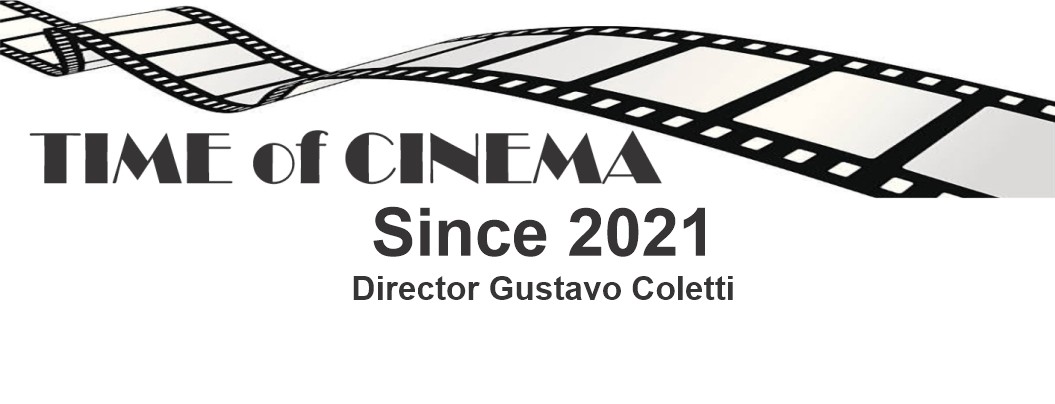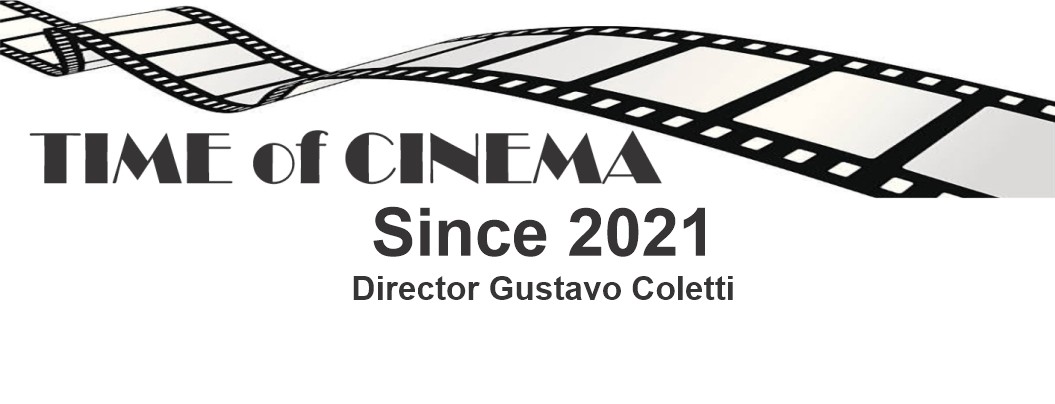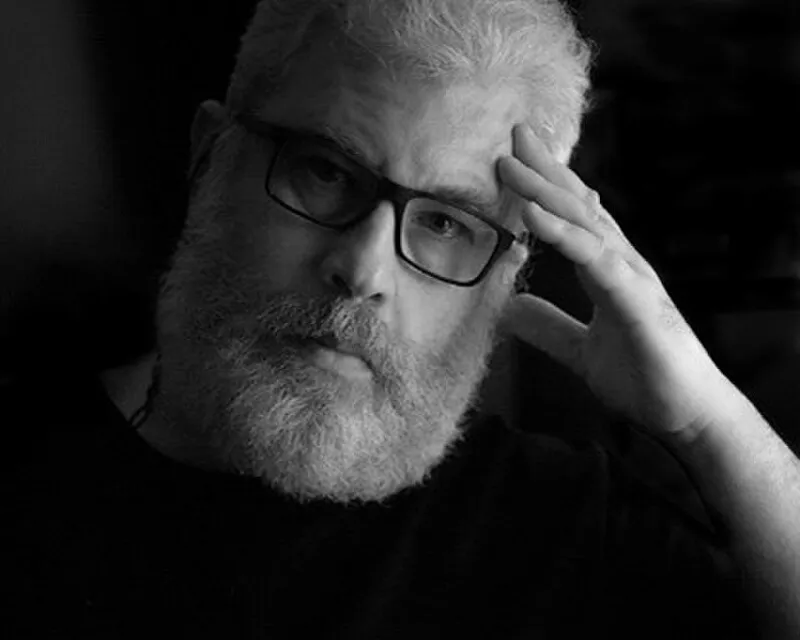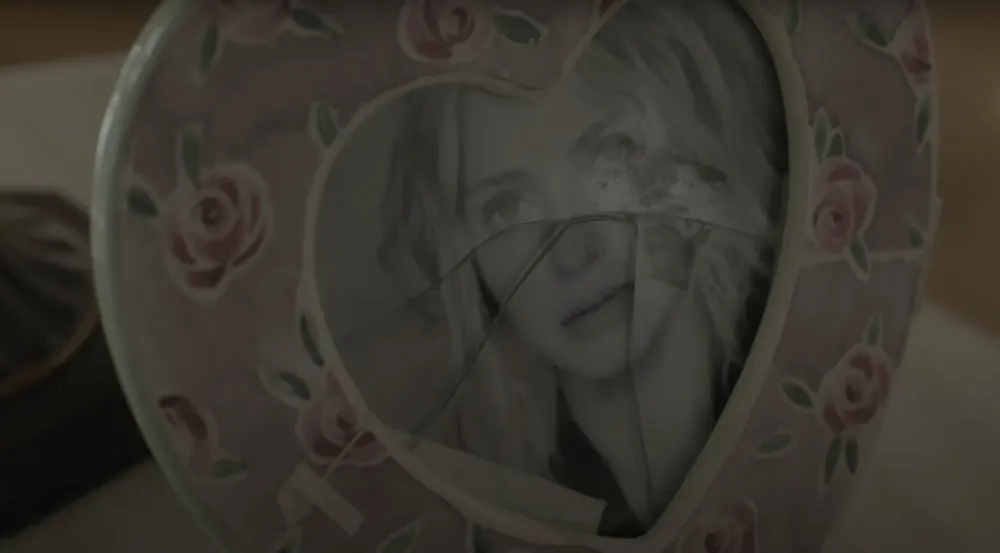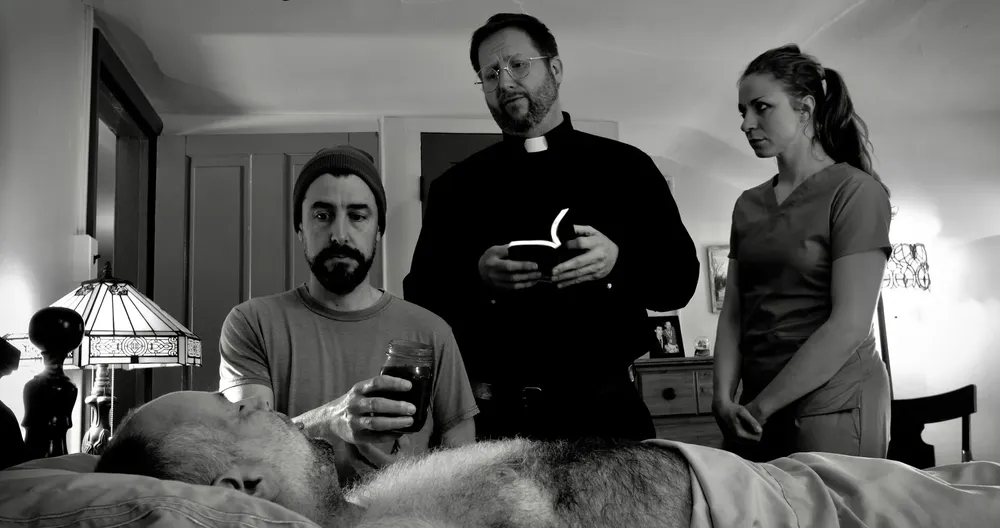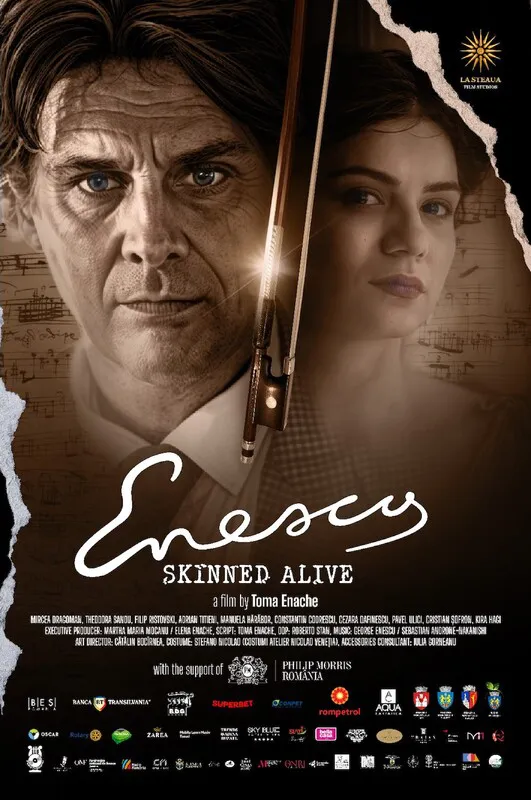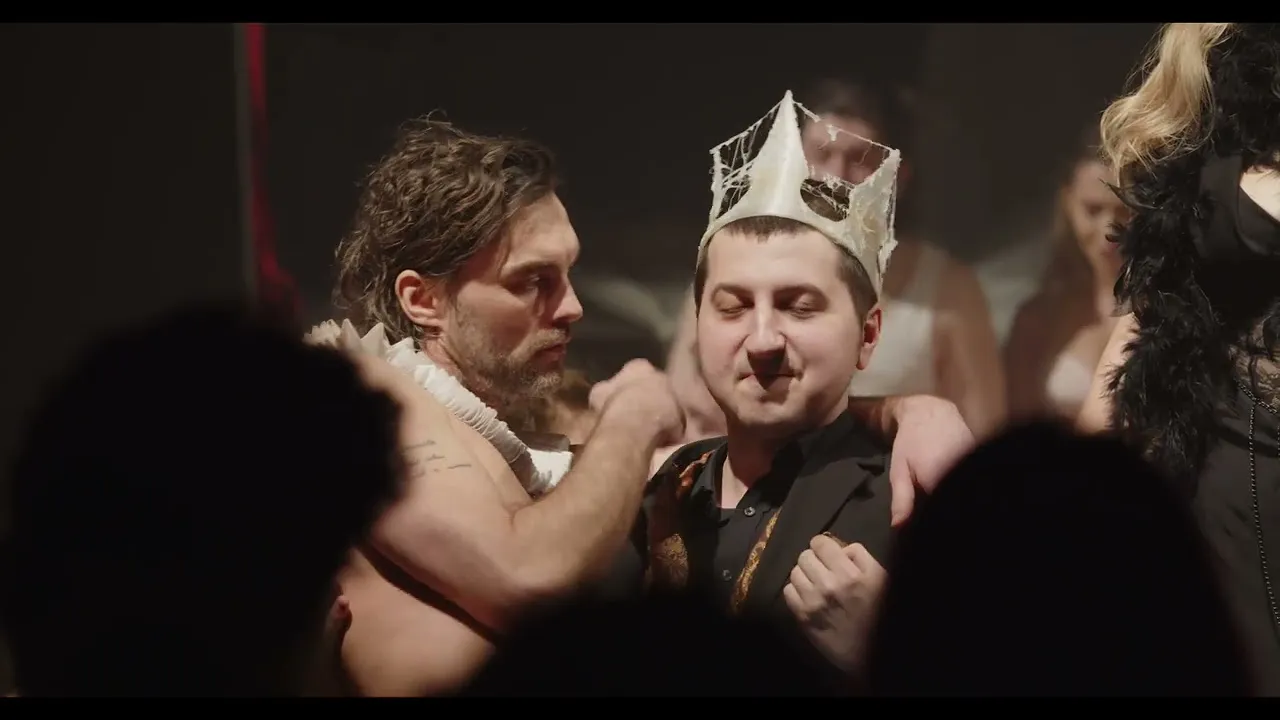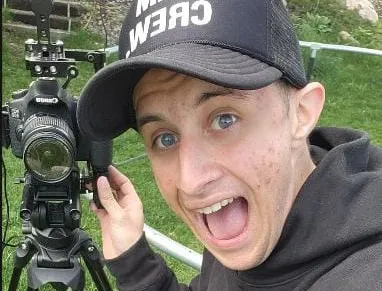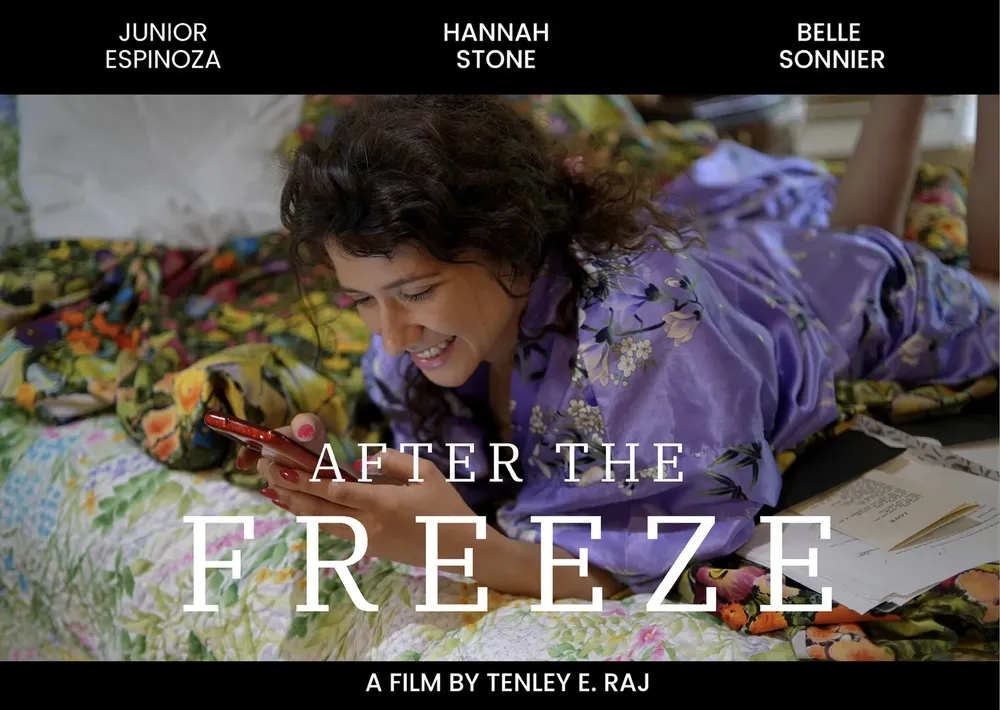
"The Man In The High Castle": Has Freedom Become An Illusion?
By Andres Arellano Baez. (Translation from Spanish)
REVIEWS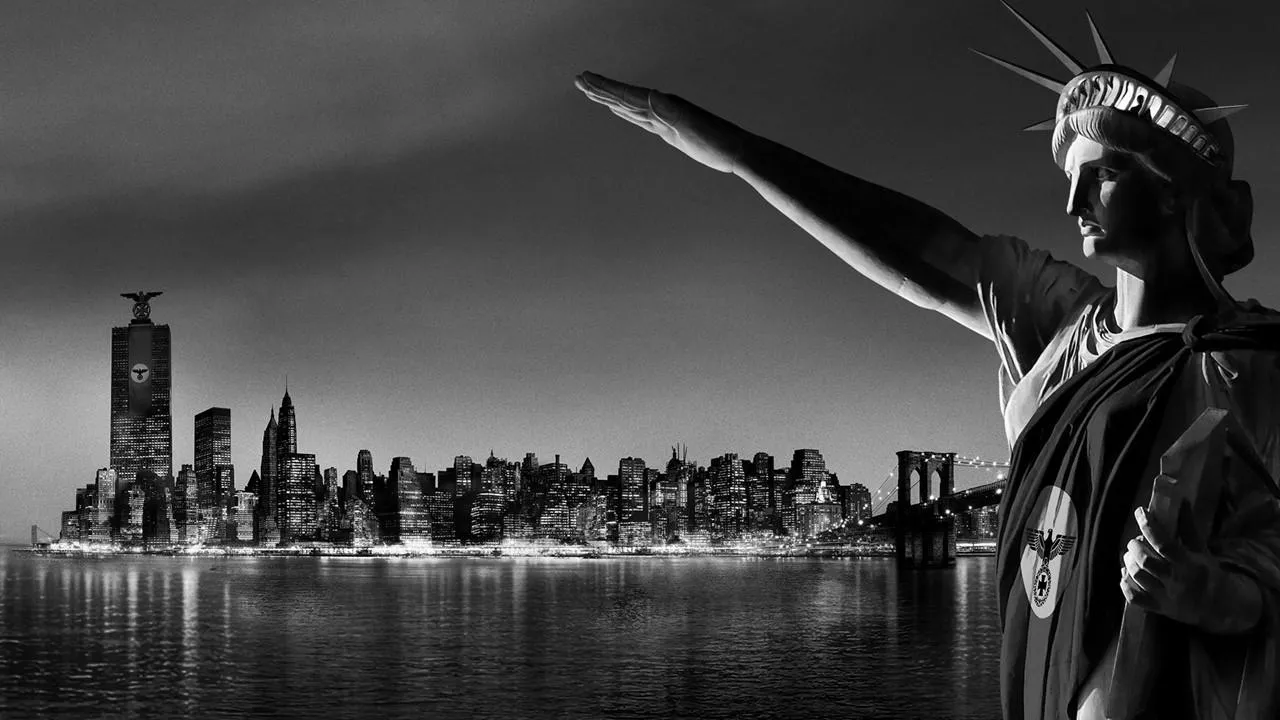
Prime Video, the digital streaming platform part of the corporate giant owned by Jeff Bezos, has abided by the rules imposed by its main rival and great pioneer in the area, all in its eagerness to compete to be crowned at the top of the new industry. Netflix, to rule out any hint of doubt, began working as a partner of the big studios, offering its most emblematic, attractive and impressive titles, while creating its own content capable of generating loyalty.
Amazon found in the flourishing technology successfully exploited by the new silicone valley giant the perfect hook to grace its buyers. Its platform was born to life as a prize to the faithful members of the distribution giant. For a time it seemed that this would be his destiny. But, possibly driven by envy upon noticing the overwhelming success of "House Of Cards" in its first seasons, the company is immersed in creating content that enhances its brand and is capable of attracting a large number of new members.
Few as visionary as the writer Philip K. Dick. His short stories turned into great feature films, “Blade Runner” and “Minority Report”, make him more than worthy of such a coveted adjective. But the work of Prime Video consecrates him as a kind of enlightened person capable of understanding the destinies of our species, just as if he were a scribe of God. And it is that the facts driving the whole story is an imaginary world where the Germans, with the National Socialist Party at the head, won World War II and took over the planet. In this fantasy space, the United States is divided into two large hemispheres: the eastern one dominated by the German regime and the western one controlled by a faction of the Japanese empire. Talk about a story with that plot in the foreground,
El País de España details, a few days ago, the renewed importance of the writer in television productions, cataloging screenwriters as the new position most desired by the big networks. Here, succinctly, is all the explanation required to understand why we are living in a golden age of the small screen, as Jot Down magazine rightly baptizes it. This is not the case with “The Man In The High Castle”. Few or no recognized writers among the signatories of the chapters. None with any truly striking feature and, from there one could conclude, not having found a plot, or characters capable of making the public fall in love. They even suffered the tragedy of having changed the producer in charge of the series (showrunner), Frank Spotnitz, in full development of it, something that never seems to go well: “Community” and the aforementioned “House of Cards” suffered from the same evil with the same outcome. They are the same actors, same scenarios, same plot; but in the second and third season it feels like a different series, with a dying soul compared to the first two.
The great publicity asset of the work was in the announcement of its executive producer, a position of capital importance on television. Ridley Scott is the name endorsing and, subtly, inviting you to watch each chapter. And his mark is on every plane. Famous for his superb production design (art plus set design), the person in charge of the department is one of the Scott family wards, in charge of those areas of filmmaking with the eldest of the brothers in “Déjà Vu”, and with the minor in “Unstoppable” and “Domino”. And there the praise and analysis are not few. The signature of the English family stands out in each plane created to speculate, to show, what a Nazi United States would be like. The care, detail, perfectionism of each one of them achieves the expected level. Not because of the obvious design,
If, as Anthony Minghella said, a film director is a frustrated architect, a great civil engineering designer could easily be tempted to become a film director the second he turned off the television after seeing his work. You can feel the deep study of German culture during the National Socialist regime, the North American culture during the post-war era and the striking characteristic elements of the Japanese nation, all intertwined in a careful and fascinating mix, necessary to create a non-existent civilization, whose emblems abound across an imaginary Japanese San Francisco and a Greater Reich of New York, as well as in a Greater Berlin already redefined as the center of the world. Number of readings from that area are available for a restless viewer. The most striking: the impeccable of Berlin. Even among those who criticize Nazism, his admirable capacity for order is recognized. Among the revolutionaries, disorder, chaos, and dirt stand out; despite being the heroes. The elegance, diplomacy and charm of Japanese culture are regular in their presentations, as well as the respect for them exhibited in all areas. The absolute compliance with the forms, extrapolated to its architecture and clothing, adorns the whole and pleases the eyes of the most disinterested in these issues. as well as the respect for them exhibited in every area. The absolute compliance with the forms, extrapolated to its architecture and clothing, adorns the whole and pleases the eyes of the most disinterested in these issues. as well as the respect for them exhibited in every area. The absolute compliance with the forms, extrapolated to its architecture and clothing, adorns the whole and pleases the eyes of the most disinterested in these issues.
But all art is designed to paint the uchrony as a golden cell. One where horror is disguised. Being bathed in the precious metal does not stop the person from suffering confinement. The citizens of this alternative world are presented as oppressed, limited in their freedom, submissive to the macabre desires of power. A classic representation of any political organization leading to a totalitarian regime. But, the question emerging at every moment of the viewing of each fight of the characters in the series, shocking and terrifying, is: Isn't that exactly our current world? More specifically, isn't that the United States of today? Without fear of error, it is possible to predict a Latino or African American living in that country by answering the question with an unequivocal "yes."
Ignacio Ramonet, brand new director of Le Monde Diplomatique, explained how Fidel Castro's Cuba had devolved into a totalitarian regime as a result of the threats suffered by its enemies, including a failed Bay of Pigs invasion. Richard D. Wolff, a famous economic historian from Harvard, Yale and Stanford, supported the absolute nationalization of the Soviet Union and the end of all civil liberty under the Stalin regime, as a result of a generalized sabotage of its economy, after suffering an invasion by their enemies. They could be considered excuses from thinkers located on the left; but: Wasn't that exactly what the United States did in 2001 after receiving Al Qaeda's attacks on the twin towers? Every attacked fortress sees in the slightest dissidence a fierce aggression against its existence,
The historical trend is deeply marked. The United States of America is today a dictatorship of capital and its citizens live, just like those oppressed beings represented in "The Man In The High Castle": fearful, besieged, imprisoned, distrustful, without a future. Professor Manolo Monereo sums up this kind of community beautifully as a "society of fear." Fear of failing, of not having more, of salary, pension, of losing a job, of not being successful, of not being famous... But beyond that, fear of the boss, the company, the police, the government, the debt, to be sick… to the system in general. And that, an indubitable reality for masses of the population, is life condemned to live under a dictatorship.
Pier Paolo Passolini explained it with panache: «I believe, and I deeply believe it, that the true fascism is what sociologists have too benevolently called «the consumer society». […]. This new fascism, this consumer society, has profoundly transformed young people, it has affected them in the most intimate, it has given them other feelings, other ways of thinking, of living, other cultural models. It is no longer a question, as in the Musolinian era, of a superficial, scenographic recruitment but of a real recruitment that has robbed them and changed their spirit. Which ultimately means that this "civilization of consumption" is a dictatorial civilization. In other words, if the word fascism means the arrogance of power, «the consumer society» has carried out fascism very well».
Politically: the interception of all kinds of communications, the possibility of arresting without any justification, of restricting freedom forever without having been found guilty, is a reality in the United States. Economically: job uncertainty, being a victim of bank scams, job insecurity. But also, and to analyze, we now live in a kind of corporate monarchy where there is a king and his court (the CEOs and their board of directors), who decide on their subjects without any consideration (employees). A person forced to meet a schedule, wear a dress, a haircut and not have a say in the place where he spends more time and effort, is not a free person. Even, as Michael Moore reveals in “Capitalism: A Love Story”,
The public force embodied in the series, both Japanese and German, are the classic representation of fascist military groups, creators of regular traumas and nightmares among their citizens. Murders of peers in the middle of the street with total impunity, mass kidnappings and use of force without any contemplation, are distributed throughout the entire drama. An inhuman attitude coming from the original creative mind of the work, speculation made by remembering that Philip K. Dick's replicants were inspired by readings of the diabolical behaviors used by the Nazis against their victims. The doubt is reborn: Is this way of exercising authority different from the present one in the forces of order? It's hard to say no without sounding defensive. One number says it all
In few sentences is there as much strength and inspiration as in the saying by Harvey Dent in "The Dark Knight": "The night is darkest just before dawn." And, as if in the form of an inspiring metaphor, the citizens of those Kafkaesque civilizations find hope in some cinema films, whose exhibition is capable of making the most intimidating of political classes tremble. It is, as it has always been, art the true fear of narrow minds. No one so opposed and accurate in his criticism of Trump as John Oliver in the United States; In Colombia, no opposition politician has generated as much hatred in the establishment as the comedian Alejandro Riaño and his character “Juanpis González”, with whom he portrays in parody the barbarities of the caste in his country; and in Argentina a young man named Guille Aquino is becoming the true voice of the youth suffering the misfortunes of the Macri government. Whoever said is absolutely right: before we informed ourselves of reality with journalists and we laughed at the vision of society presented by comedians; today it's the other way around.
The premiere of the last season did not raise the situation. The plot begins, to cite perhaps the most important problem from the narrative, promising a powerful love triangle between the protagonist, her apathetic boyfriend (a charming Rupert Evans) later turned into a revolutionary, and her revolutionary suitor who really is a spy (Luke Kleintank). ), which culminates in absolutely nothing. However, and based on much of what has been said here, the series is a modern must-see. For reading the message there was, a denunciation of the world we inhabit today. Its workmanship is impeccable, moreover, with a mixture of sound worthy of a cinema and the maximum in image (HDR Ultra HD), which make viewing a contemplative and wonderful one. In the last seasons, it seems the budget is lowered and the chroma keys are obvious and unpleasant. But overall, it's a visual cake more worthy of being enjoyed. The problem is that the form stands out, but the background is in many ways bland.
But if it is true that, as a great cinematographer proposed, a director puts one part and the spectator the other, the experience of viewing "The Man In The High Castle" is impressive for its ability to show in its sets , characters and events, the world today suffered. The war unleashed between the empires of that fictional world, Germany and Japan, are not at all different from the conflict about to break out between the United States and China. Furthermore, the last season seems to be the uprising of the rebels against the power and the defense of the regime and its minions by keeping it. With the President of the United States on the brink of being impeached and civilian forces loyal to him armed to the teeth announcing civil war should he be removed from office,
The words of Alan Greenspan, former director of the Central Bank of the United States, the FED, were prophetic: “We are fortunate that, thanks to globalization, political decisions in the United States have been largely replaced by the forces of government. overall market. National security aside, it hardly matters who the next president will be." It is best explained by Serge Halimi of Le Monde Diplomatique when he shares that “people may choose, but it is capital that decides”. For him, "the right to vote was not withdrawn, but now it comes with the obligation to confirm the preferences of the ruling classes, or else the voting process must be repeated." He cites the French journalist Jack Dion, as support for his sentence: “In 1992, the Danes voted against the Maastricht Treaty; they were forced to return to the polls. In 2001, the Irish voted against the Treaty of Nice;
Closing "Fair Game", Doug Liman's film, Sean Penn's character, Joe Wilson, tells an inspiring anecdote. "As Benjamin Franklin left the room where the second draft of the Declaration of Independence was written, a woman approached him on the street to ask, 'Mr. Franklin, what kind of government have you bequeathed to us? His response: “A Republic, ma'am. If they can keep it”, should be a lesson to be taught for eternity. You can live in a dictatorship wrapped in the forms of a democracy. Perhaps, as is the case with the protagonists of "The Man In The High Castle", it is time to rise up and recover the form of the State that has gradually been snatched away.
